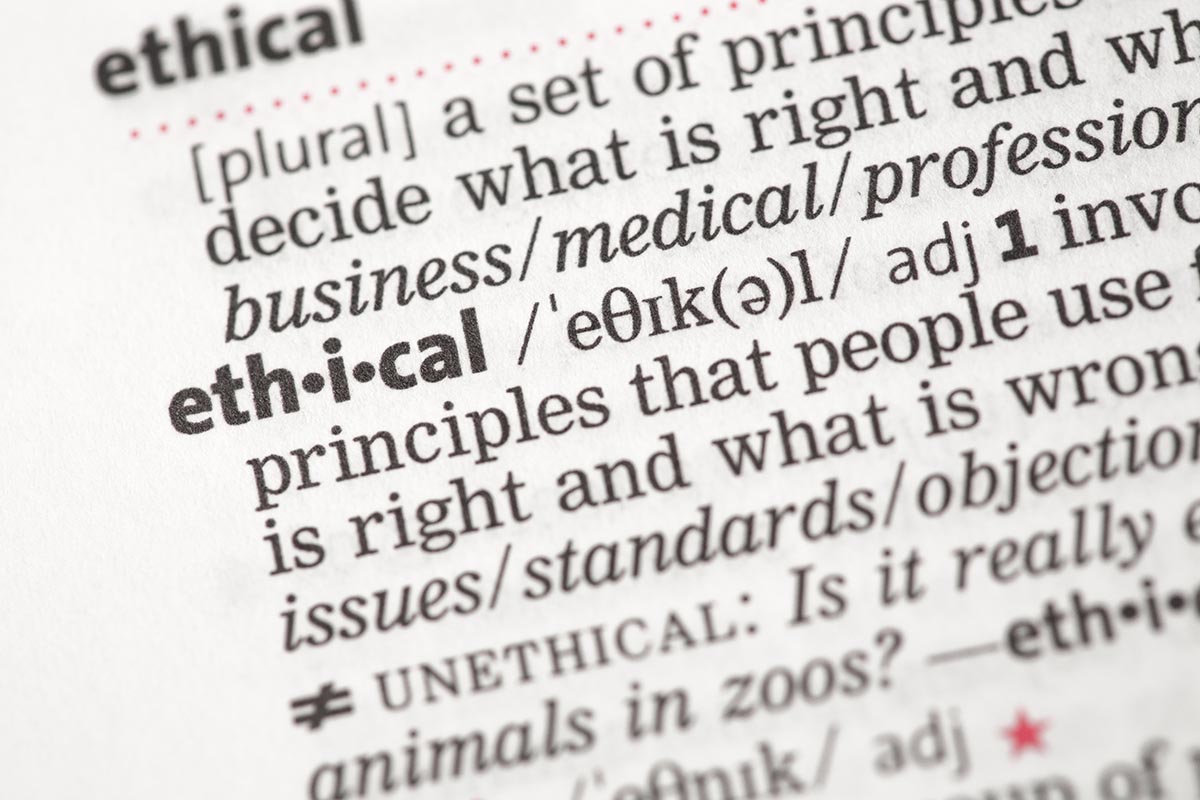The Importance of Ethical AI In Business
AI is transforming business at an unbelievable pace—from automated marketing to self-driving cars to AI-powered customer service.
But as exciting as these advancements are, they come with one big question:
How do we make sure AI is used ethically?
With over 4.4 billion people expected to be on social media by 2025 and AI becoming deeply embedded in every industry, businesses need to take responsibility for how they implement this technology.
AI should enhance operations, not create harm.
Where did AI begin?
The first AI program was written in 1951 by Christopher Strachey, and since then, AI has shaped industries for better or worse.
Today, businesses are pushing the boundaries of AI’s capabilities, making ethical considerations more important than ever.
A business using AI without ethical safeguards risks:
⚠️ Bias in decision-making (hiring, lending, customer service).
⚠️ Privacy violations (misuse of personal data).
⚠️ Misinformation and manipulation (AI-generated content, deepfakes).
The solution? Responsible AI integration.
Companies that prioritize ethics in AI will not only protect their customers but also build trust, avoid legal risks, and position themselves as industry leaders.
Read on to learn why ethical AI matters and how businesses can implement it the right way
How to Avoid the Ethical Risks of AI in Business
AI can streamline operations, improve efficiency, and even boost customer experience—but only if it’s used responsibly.
Single unethical AI decision can ruin trust, damage reputations, and even lead to lawsuits.
I’ve seen businesses excited to integrate AI into their operations without fully considering the ethical risks. But the reality is, if AI is misused, it can do more harm than good.
Let’s break it down in simple terms so you can avoid common pitfalls and implement AI the right way.
The 3 Biggest Ethical Risks in AI (And What They Mean for Your Business)
There are three main areas where AI can go wrong, negatively affecting both businesses and customers:
1. Unethical Use Cases
This is when AI is used for things it shouldn’t be involved in—especially when human emotions and personal decisions are at stake.
✅Example: Imagine AI being used to predict divorce probabilities based on online behavior. That kind of calculation crosses a line, because relationships aren’t mathematical equations.
Lesson for Business: AI should enhance decision-making, not replace human judgment in areas where ethics, emotions, or privacy are deeply involved.
2. Engineering Ethics – How AI is Built Matters
How AI is developed, maintained, and improved has huge ethical implications. A system may seem harmless until people realize how the data is collected or used.
✅Example: Apple contractors were caught listening to Siri voice recordings to improve the AI’s capabilities—without informing users. This was a major privacy violation, and when the public found out, they weren’t happy.
Lesson for Business: If you’re using AI, be upfront with customers about data collection. Make sure privacy and consent are at the center of your AI development.
3. Unethical AI Models – The Human Impact
Even if AI seems technically functional, businesses need to ask: Does this AI cause harm?
✅Example: AI has been found to reinforce racial and gender biases in job hiring, loan approvals, and even healthcare decisions. If the training data is flawed, the AI will continue making biased recommendations.
Lesson for Business: AI must be continuously monitored to ensure it is fair, unbiased, and does not create harm for users or employees.
How to Build Ethical AI Into Your Business (Without the Risks)
No business gets everything right all the time, but AI is too powerful to leave ethics as an afterthought.
The good news?
There are practical steps you can take to ensure AI works for good, not harm.
1. Reduce Bias in AI
For AI to be fair and accurate, businesses need to eliminate bias in data collection and processing.
✔ Use diverse datasets – AI trained only on one demographic will favor that group. Ensure your data includes a wide range of perspectives.
✔ Audit AI decisions regularly – If AI makes recommendations, track patterns to see if certain groups are being unfairly excluded.
✅Example: Amazon’s hiring AI had to be shut down after it was found discriminating against women because it was trained on historical hiring data that favored men. Bias must be checked at every stage.
2. Ensure Data Assumptions Are Correct
AI only knows what you teach it. If the data it’s trained on is flawed, so will be its decisions.
✔ Double-check assumptions – If AI makes a mistake, find out why. Don’t assume AI is right just because it sounds confident.
✔ Interrogate predictions – If an AI model predicts an outcome, ask yourself: Would a human expert come to the same conclusion?
✅Example: A healthcare AI model in the U.S. favored wealthier patients for care recommendations—not because they were sicker, but because past data showed they spent more on healthcare. This bias led to lower-quality care for lower-income patients. AI must be questioned at every step.
3. Engage With the People AI Affects
If AI makes a decision that affects real people, your business has a responsibility to listen, learn, and correct mistakes.
✔ Create a feedback loop – If AI denies a loan, rejects a job applicant, or blocks an account, there should be a way for people to challenge and understand why.
✔ Rectify errors – If AI makes a harmful decision, acknowledge it, correct it, and improve the system to prevent future issues.
✅Example: Facebook’s AI wrongly blocked certain accounts during elections, flagging them as “fake news” when they weren’t.
The backlash was huge, and they had to create a better system for appeals.
The Bottom Line: Ethical AI is a Business Advantage
Many companies worry that focusing on ethical AI will slow them down. The truth?
The businesses that prioritize transparency, fairness, and responsibility will be the ones that last.
Why?
✔ Customers trust businesses that respect privacy and fairness.
✔ Regulations are increasing—better to be proactive than forced to fix issues later.
✔ AI done right creates better outcomes for businesses and people alike.
Thinking of using AI in your business?
Work with trusted experts who understand the risks and can help you implement AI the right way—ethically, transparently, and effectively.
If you’re thinking about implementing AI into your business, get in touch with reliable technology experts to ensure you get it the right first time.






















